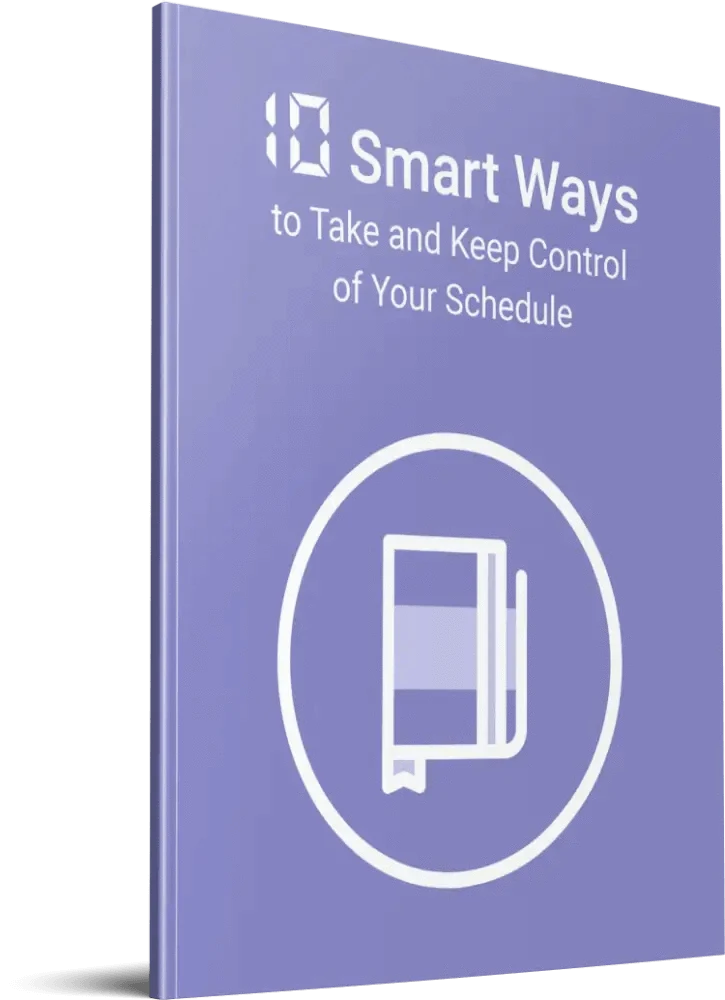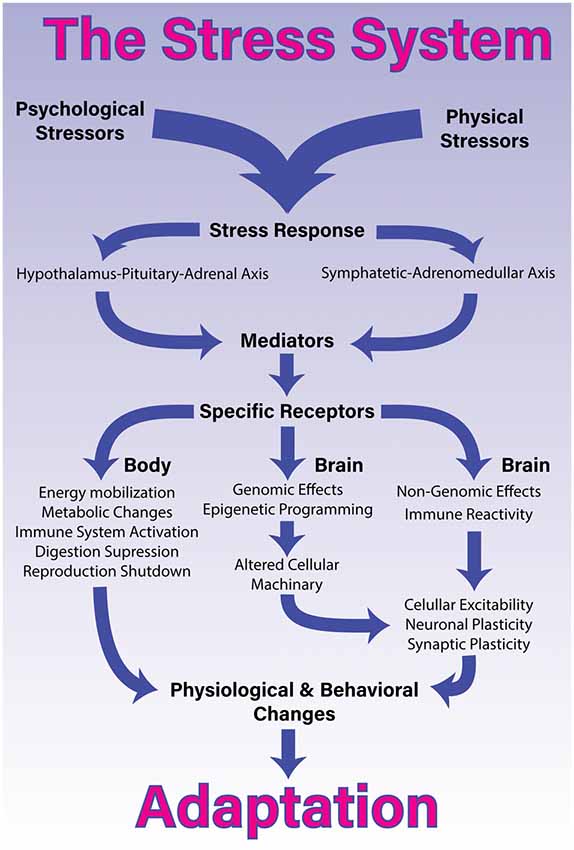In today’s fast-paced world, stress and anxiety have become common challenges for many individuals. Whether it’s work-related pressure, personal issues, or the constant influx of information, finding effective ways to manage these feelings is crucial. This article explores ten proven strategies to help reduce stress and anxiety in daily life.
Understanding Stress and Anxiety
Stress is a natural response to challenging situations, but when it becomes chronic, it can lead to serious health problems. Anxiety, often linked with stress, involves excessive worry and fear that can interfere with daily activities. Both conditions can be managed through various techniques that promote emotional well-being and mental resilience.
1. Be Active

Physical activity is one of the most effective ways to reduce stress and anxiety. Exercise releases endorphins, which are natural mood lifters. Even small amounts of movement, such as walking or stretching, can make a significant difference.
- Tips for Incorporating Movement:
- Take short walks during breaks.
- Try yoga or tai chi for relaxation.
- Dance to your favorite music.
- Use the stairs instead of the elevator.
2. Take Control
Feeling a lack of control can increase stress levels. Taking charge of your situation, even in small ways, can empower you and reduce anxiety.
- Steps to Take Control:
- Set realistic goals and prioritize tasks.
- Learn to say “no” to avoid overcommitting.
- Focus on what you can change rather than what you cannot.
3. Connect with People

Social support is essential for managing stress. Talking to friends, family, or colleagues can provide emotional relief and new perspectives.
- Ways to Stay Connected:
- Schedule regular catch-ups with loved ones.
- Join community groups or clubs.
- Volunteer for causes you care about.
4. Have Some “Me Time”
Dedicating time to yourself is crucial for mental health. Engaging in activities you enjoy can help you relax and recharge.
- Ideas for “Me Time”:
- Read a book or watch a movie.
- Practice a hobby like painting or gardening.
- Take a relaxing bath or shower.
5. Challenge Yourself

Setting goals and facing challenges can boost confidence and reduce anxiety. It helps shift focus from stressors to positive achievements.
- Examples of Challenges:
- Learn a new skill or language.
- Take on a new project at work.
- Participate in a sport or fitness class.
6. Avoid Unhealthy Habits
Relying on alcohol, smoking, or excessive caffeine can temporarily relieve stress but ultimately worsen it. Finding healthier coping mechanisms is essential.
- Healthy Alternatives:
- Practice mindfulness or meditation.
- Engage in physical activity.
- Talk to a therapist or counselor.
7. Help Other People
Helping others can foster a sense of purpose and reduce stress. Acts of kindness, no matter how small, can have a positive impact on both the giver and receiver.
- Ways to Help:
- Volunteer for local organizations.
- Offer assistance to a colleague or neighbor.
- Donate to a cause you believe in.
8. Work Smarter, Not Harder

Efficient time management can reduce work-related stress. Prioritizing tasks and delegating responsibilities can help maintain a healthy work-life balance.
- Time Management Tips:
- Create a to-do list and tackle high-priority tasks first.
- Break large projects into smaller steps.
- Avoid multitasking to improve focus.
9. Try to Be Positive
Focusing on the positives in life can shift your mindset and reduce anxiety. Practicing gratitude and celebrating small victories can enhance overall well-being.
- Gratitude Practices:
- Keep a gratitude journal.
- Reflect on three things you’re thankful for each day.
- Share your appreciation with others.
10. Accept the Things You Can’t Change
Some situations are beyond our control. Learning to accept them can reduce stress and promote inner peace. Focusing on what you can influence helps maintain a sense of control.
- Acceptance Strategies:
- Focus on your own actions and reactions.
- Let go of anger and resentment.
- Seek support from a therapist if needed.
Conclusion
Reducing stress and anxiety requires a combination of self-awareness, healthy habits, and proactive strategies. By incorporating these ten effective methods into your daily routine, you can significantly improve your mental and emotional well-being. Remember, managing stress is an ongoing process, and finding what works best for you is key to long-term success.
Meta Title: US Trending News: 10 Ways to Reduce Stress and Anxiety
Meta Description: Discover 10 effective ways to reduce stress and anxiety in daily life. Stay updated with the latest news and tips for better mental health.
Author: Jane Doe
Title/Role: Mental Health Writer
Credentials: Jane Doe is a certified mental health writer with over 10 years of experience in creating content focused on wellness, stress management, and emotional resilience. She has contributed to numerous publications and online platforms dedicated to improving mental health awareness.
Profile Link: https://www.janedoe.com
Sources:
– HelpGuide.org
– Mayo Clinic
– National Institute of Mental Health
Internal Links:
– How to Improve Your Mental Health
– The Benefits of Exercise
– Mindfulness Techniques
Featured Snippet (40-60 words):
Discover 10 effective ways to reduce stress and anxiety in daily life. From exercise and mindfulness to social support and time management, these strategies can help you achieve a balanced and healthier lifestyle.
Call to Action:
Stay updated with the latest news and tips for better mental health. Explore today’s headlines and learn how to manage stress effectively.











More Stories
US Trending News: The History and Legacy of Zoo York in Streetwear Culture
What Is Yodo Para Tiroides and How Does It Affect Thyroid Health?
Understanding ‘You Got That Right’ in The New York Times: Context and Implications